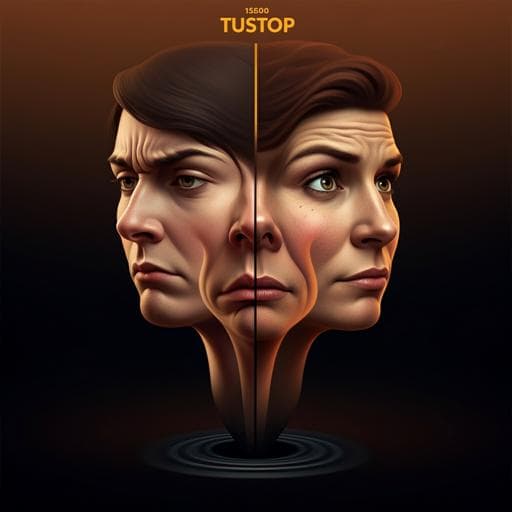
Psychology
Tracking historical changes in perceived trustworthiness in Western Europe using machine learning analyses of facial cues in paintings
L. Safra, C. Chevallier, et al.
This intriguing study by Lou Safra, Coralie Chevallier, Julie Grèzes, and Nicolas Baumard delves into the historical rise of perceived trustworthiness in Western Europe from 1500 to 2000. By harnessing the power of machine learning to analyze facial expressions in historical portraits, the researchers reveal a fascinating upward trend in trustworthiness, suggesting a possible connection to improving living standards.
Related Publications
Explore these studies to deepen your understanding of the subject.







